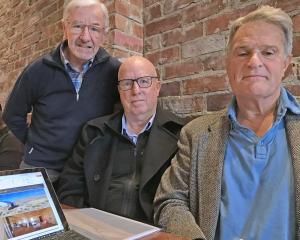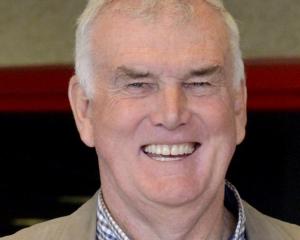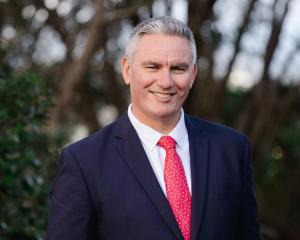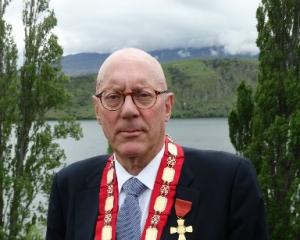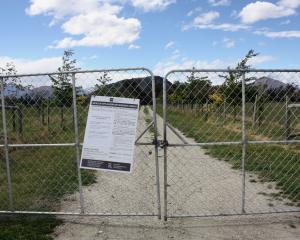Read the Queenstown Lakes District Council report on Lakes Environmental and Lakes Leisure and the decision to bring the council-controlled organisations (CCOs) in-house seems obvious and sound.
Such is the weight of argument that one wonders why the CCOs were set up in the first place.
But, while the move seems to make good sense both financially and for the convenience of residents and ratepayers, some might argue the council is in danger of underestimating the cost and cumbersome nature of bureaucracies.
Councillors and the mayor could also well be overestimating their ''governance'' ability.
The history of Lakes Environmental is instructive. In 1999, under no-nonsense mayor Warren Cooper, the council took the bold step of contracting out regulatory and resource management functions, including planning matters.
It was argued private enterprise could undertake the matters more efficiently with its expertise and practices and with profit-motive incentives. And it was claimed that CivicCorp in its early years saved the council $1 million a year, large figures for a small council.
Soon, though, dissatisfaction was widespread.
CivicCorp became the meat and the pickle between slices of public frustration and council expectation at a time of rapid development. Not only did it have responsibility for potentially aggravating areas like parking enforcement and dog control but, crucially, it was the body charged with processing and making recommendations on resource consents.
Those thwarted in their plans or their objections did not take kindly to the messenger. On top of that, there were ideological objections to a private company making profits from basic monopoly services, even if charges were in line with other places.
So, in late 2006, under a new council and new mayor and a much stricter attitude to planning, the council paid out CivicCorp and set up a CCO the following year. It was designed to operate at ''arm's length'' from the council and, while not making a profit, to be self-sustaining. It was to have its own board of directors and its own chief executive. It would, it was hoped, achieve the best of both worlds.
But directors' fees of $94,000 and chief executive's pay of $260,000 to $280,000 plus other governance costs, as revealed by a report released this week by the QLDC, are hefty expenses. These costs could be saved if Lakes Environmental was eliminated, the report said. The council might, of course, yet find it has more to deal with than first expected, including yesterday's resignation of the Lakes Leisure board.
By January 2008, Lakes Leisure was incorporated to manage leisure and recreation facilities. Councillors were told such structures had been a ''huge success elsewhere'' and affordability for ratepayers and the community would be promoted.
It runs swimming pools, always a loss maker, and receives about half its funding from the council with the rest from charges. It was brought into the review late and the council has backed its demise with less discussion.
While it has shown entrepreneurial spirit and appears to have been reasonably efficient, similar governance costs issues arise. Again, just as in the CivicCorp days, there is a feeling in the community that an independent empire has been created and that must be contributing to the costs of the likes of sports ground use.
One of the problems of the current structure is fragmentation for residents, as mayor Vanessa van Uden has pointed out. She outlined the stark example where to hire a park someone had to go to the council, Lakes Environmental and Lakes Leisure to get approval, resource consent and have the matter signed off.
Bringing the two CCOs back into the council itself will mean the loss of some outside governance expertise. It may mean more political interference in decisions - although making decisions is often the role of councillors - and there may be a loss of commercial acumen and focus. Additionally, the council is going to have to be mindful of operating efficiency.
Councils are notoriously bureaucratic and costs easily soar, as evidenced in many places.
Nevertheless, Queenstown Lakes is a small district that has had to focus on cutting costs and debt.
It needs to save money, and this should be achieved through bringing the CCO functions back in-house.

